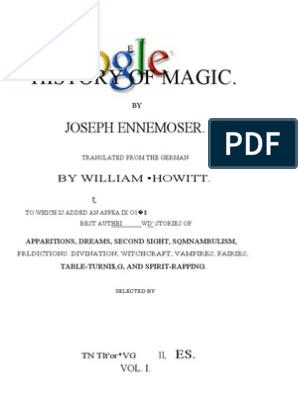0% found this document useful (0 votes)
24 views4 pagesKnowledge Unit 1
The document discusses the nature and attributes of knowledge, including its subjectivity, objectivity, complexity, dynamism, and contextuality. It also compares knowledge to belief and truth, noting their key differences. Finally, it outlines the typical steps involved in acquiring knowledge, from observation to application.
Uploaded by
VirendraCopyright
© © All Rights Reserved
We take content rights seriously. If you suspect this is your content, claim it here.
Available Formats
Download as DOCX, PDF, TXT or read online on Scribd
0% found this document useful (0 votes)
24 views4 pagesKnowledge Unit 1
The document discusses the nature and attributes of knowledge, including its subjectivity, objectivity, complexity, dynamism, and contextuality. It also compares knowledge to belief and truth, noting their key differences. Finally, it outlines the typical steps involved in acquiring knowledge, from observation to application.
Uploaded by
VirendraCopyright
© © All Rights Reserved
We take content rights seriously. If you suspect this is your content, claim it here.
Available Formats
Download as DOCX, PDF, TXT or read online on Scribd
/ 4






































































































